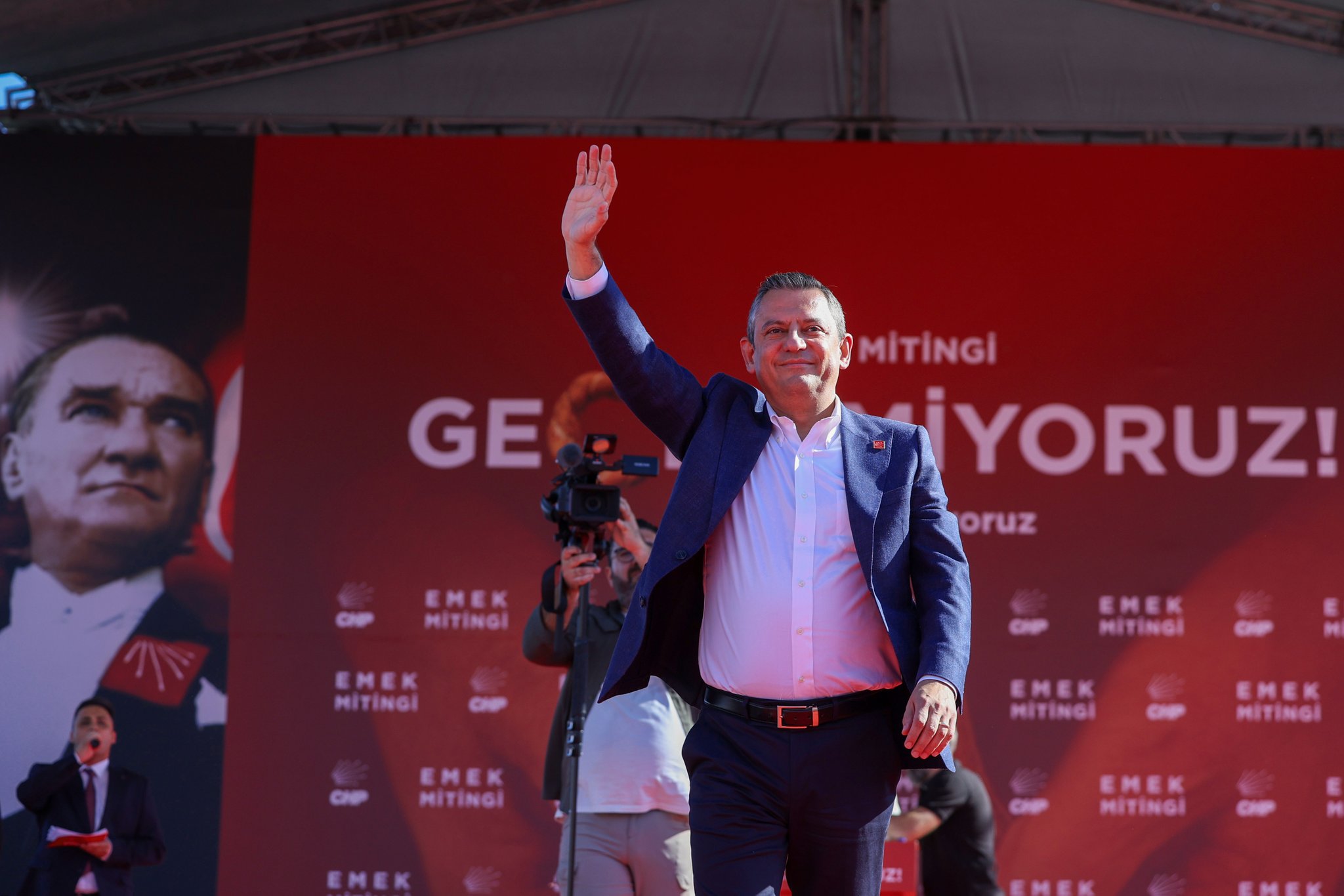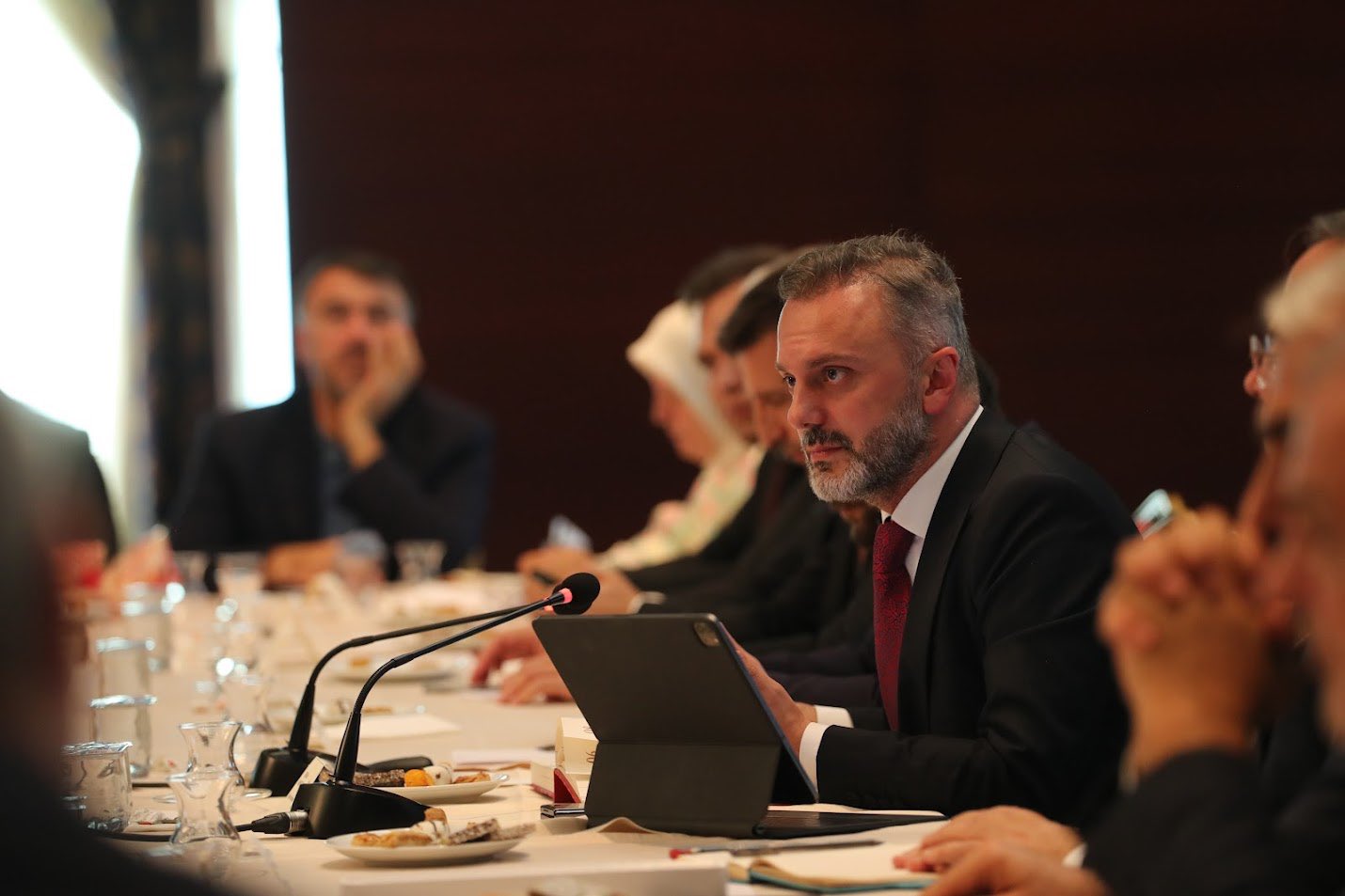
Opinion: AK Party, Turkiye Elections Defeat And Renegotiations
The local elections on March 31, 2024 have brought about a major change in the Turkish political landscape. The defeat paved way for major transformation in the national political dimension of the AK Party, which has been in power since 2002. This is the first time since the 1977 victory, the Kemalist CHP was leading in the general elections. AK Party has garnered five million votes in this election. However, CHP managed to win 4.5 million votes.
This regional electoral defeat has prompted a renegotiation of structural and ideological aspects of the party. It has caused agile discussion on preparing a roadmap for the 2028 elections and necessary changes to be made in the party. AK Party has started holding party conferences and emergency talks across the country to regain its lost popularity. The AK Party has taken a decision to re-create credibility and organisational security among the followers by conducting continuous discussions and regional meetings in every party conference from June 2024 to October 2025.
This program, which is to be held under the name ‘Turkiye Convention’ is crucial for the party. Through these meetings, they intend to review the performance of the party during the past 22 years and thereby formulate new policies. Therefore, the party intends to set up extensive consultation networks across the country. It has been decided to learn about people’s needs directly through public relations programs and to send party representatives.
It is also decided to review the basic principles, ideological discourse and development approaches of the party through social media platforms. The Deputy Chairperson of the party, Erkan Kandemir’s remarks that the party should be able to know the sense of social transformation and the needs of the people were notable. There are eleven million workers across the country. All the educational institutions and other public institutions are being considered to increase the momentum of the party activities.

Recep Tayyip Erdogan with Spanish president Pedro Sanches
Moreover, the leap to over 65 percent youth voter turnout by 2028 is important for the party. Seven million civilians are going to cast their first vote. The party has decided to gain influence and presence among the youth by using public figures who can promote social transformations in universities and other educational institutions. The major objectives behind this is to regain the popular acceptance and vote bank that the party has lost in the past years.
Being behind the Kemalist CHP party during an election for the first time in its history has become huge head ache for the AK Party. In the last local elections, CHP won 14 metropolitan municipalities including Istanbul. 21 provincial municipalities were won by the Kemalist Party. AK Party could only win 12 metropolitan and 12 provincial municipalities. Therefore, the leadership has decided to organize party meetings in 81 provinces.
President Recep Tayyip Erdogan has pointed out the necessary changes to be made among the party workers, after reviewing the party’s defeat in the local election. He had said that the party will no longer allow providing opportunities to those who only desire political gain, and will give priority to those who work for the growth of the party among the people. Therefore, he stated that the party has decided to give priority to the young blood who can bring fundamental change in the growth of the party.
The party considers Turkey’s economic difficulties, frequent elections, errors in candidate selection and party members’ opposition to mayoral candidates as the main reasons. In addition to economic problems, the earthquakes that hit 11 regions in 2023 had a severe impact on the Turkish economy. It has resulted in financial loss of more than 100 billion dollars.

CHP chief Ozgur Ozel
The party discussions also pointed out that even the earthquake, which had hefty impact on the economic and political aspects of the nation, did not sufficiently come up as an issue during the election. The decision to distribute the smallest amount of pension in the midst of this financial crisis also unsettled the political context. The pension policy, which affected 16 million people of low incomes, led to widespread discontent across the country, constituting to a drop in voter turnout and a large shift in votes to other parties, even in areas that supported the party.
It can also be understood that the failure in the selection of candidates also affected the election. AKP’s selection of candidates to most of the provinces and metropolitan cities is generally considered to be not in line with the will of the people. The fact that the CHP gave representation to the new generation and created opportunities for personalities outside their ideological environment made it possible for them to win in various regions, including Ankara. It was observed that the AK Party made a mistake in experimenting with the new generation in the selection of candidates.
The party’s approach and failure in dealing with new parties including the New Welfare Party was also reflected in this election. In general, AK Party used to fight general elections on the issue of security. But the AK Party failed to raise the required slogans and influencing the people in the local elections.
The party also recognizes that the lack of raising slogans stressing on local issues and giving significance to their people’s needs to be behind this failure. Discussions are emerging within the party itself that it is time for the AK Party to make necessary ideological transformation beyond nationalistic narratives on regional and national issues.
It has also been observed that the party’s failure in paying attention to socio-political and ideological changes taking place in Turkey has led to its failure. Adopting a pluralist approach to the party’s views might be beneficial to the AK Party. CHP was able to give seats to candidates even from religious background.

AK Party Deputy Chairperson Erkan Kandemir
It is important that the AK Party failed to spot that the CHP could even change its ideological policies aligning to the sentiments of the Turkish people and that the conservative organizations including the New Welfare Party were able to stretch their political muscles in the vacuum created by the AK Party. 78 percent of the national GDP comes from CHP-ruled areas. Therefore, if they perform a better governance in these areas, they can make significant changes in the economic sector and ensure a balance of power as an alternative to the AK Party.
The fact is that the party should see to all changes happening and party alliances in important issues such as secularism, religiosity, conservatism and nationalism taking place in Turkey. Even the CHP, which has been taking the most radical nationalist stance for decades, is changing and even shaping national and regional policies according to the situation, which is the contemporary reality of Turkey, that has changed on all levels. Therefore, it becomes necessary for the AK Party to reconsider and reassess its political values.
Even the nationalist-extremist secular parties trying to change their approach towards religious thoughts and movements in the country is creating great challenges in the ideological environment of the AK Party. Progressive renaissance approaches to be made in the party structure, political dimensions and fundamentals are also being discussed among the party workers. They put forward that it is necessary for the party to come closer to the main ideas of revival, democracy and progressivism and to make relevant changes in the party structure itself.
Development is the main claim of AK Party. Although the Party can lay claim to the infrastructural developments that have occurred throughout Turkey, discussions among the party intellectuals show that beyond material developments, a return to the party’s basic doctrines of justice and development and changes to be made in the party’s leadership and ideological environment are essential. Solution to the economic crisis the country face, governance as per the will of the people and the ability to accommodate social and political changes in the nation should be the primary policies of the AK Party.

(Dr Saifudheen Kunju S is an expert in West Asian Studies and faculty at JBAS Centre for Islamic studies, University of Madras, Chennai, India)
Disclaimer: The views expressed in this article are solely those of the author and do not necessarily reflect the opinions or views of the publisher.













